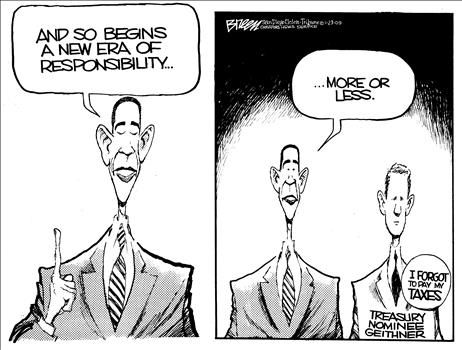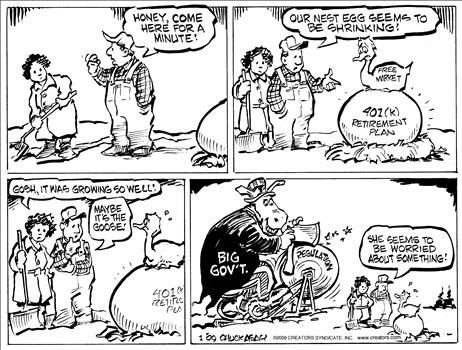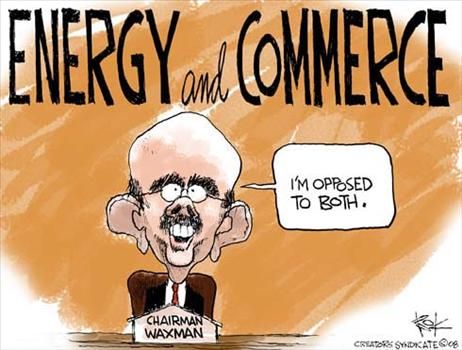A country's poverty rate should decline as real incomes rise and living standards increase, but the U.S. poverty rate has remained stagnant, says D. Sean Shurtleff, a policy analyst with the National Center for Policy Analysis. For example, Census Bureau household data show:
> In 1968, the official poverty rate was 12.8 percent, meaning 25.4 million people were considered poor.
> In 2007, the poverty rate was 12.5 percent, and 37.3 million people were considered poor.
However, household consumption indicates that basic living standards have improved significantly.
In fact, according to the U.S. Department of Labor, the poor actually consume about $2 for every $1 dollar of reported income. How is that possible? The discrepancy is due to unreported or underreported income, savings, credit and welfare benefits.
The current poverty standard only measures families' gross income, which doesn't include capital gains or any 'non-cash' benefits such as food stamps, Medicaid, public housing etc. According to Cato Institute scholar Michael Tanner,
the federal government spent an estimated $12,892 per poor person on antipoverty programs in 2005. The Heritage Foundation estimates that the federal government spent
$8.29 trillion on antipoverty programs from 1965 to 2000, mostly in the form of noncash benefits. These benefits raise the living standards of millions of low-income people, but do not count as income; therefore, they do not reduce measured poverty.
This is the main reason the poverty rate has remained stagnant, says Shurtleff.
[I.e., another money & power {indentured votes} scam: the abject poverty of starvation and nakedness has been all but eradicated in this country. Today, 'poor' means your refrigerator (who hasn't got one?) has a little less food, or your car (65%!) isn't as nice as a rich person's. According to an NPR report, 70% of those the Census Bureau deems poor have a higher standard of living based on living space and amenities than do the average citizens of either Paris or Bonn. (Example: 40% of 'poor' owned their own home - in 1999 - .]READ MORE























